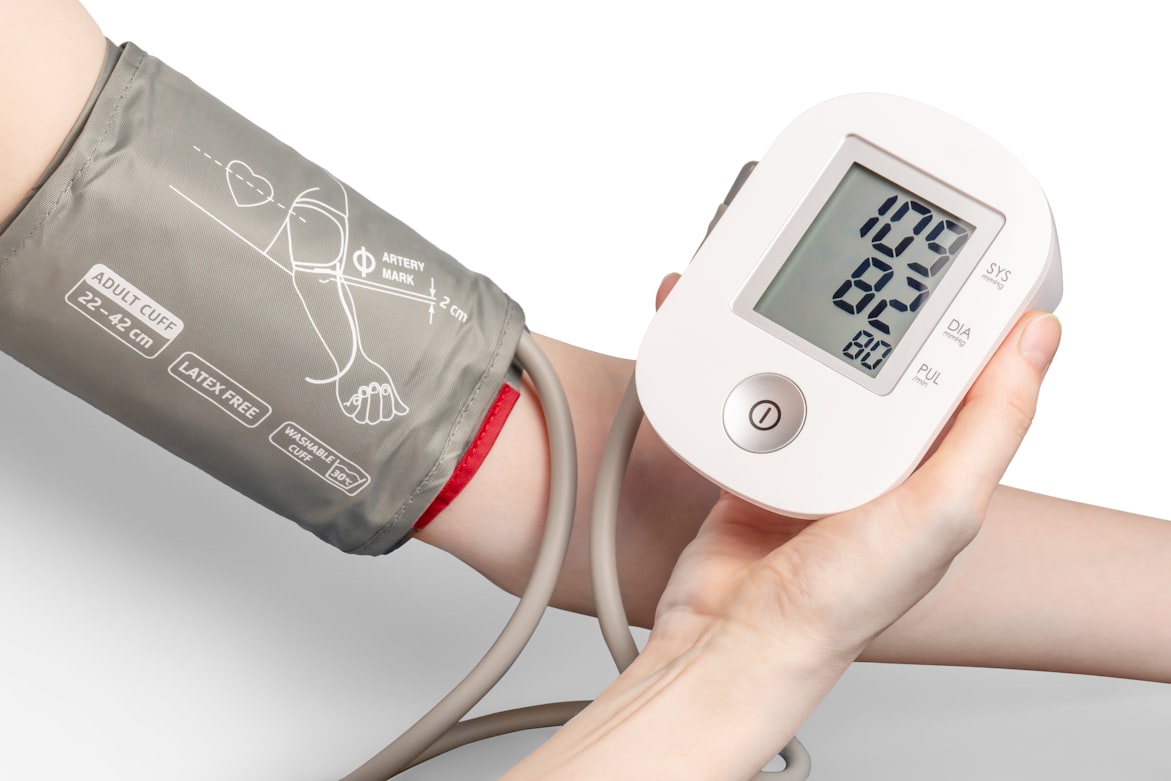[Credit]
High blood pressure is famous for being a silent killer. There are no symptoms, pundits tell us, so we don’t know we have it unless we get our blood pressure tested.
But that’s not entirely true. While high blood pressure doesn’t have the same symptoms as, say, angina, it does produce effects on the body. And those can be quite dangerous according to https://www.cdc.gov/bloodpressure/about.htm.
In this post, we take a look at what can happen if your blood pressure runs dangerously high. Here’s what you need to know:
Severe Headaches
Bad headaches are a telltale sign of high blood pressure. Excess force in the cardiovascular system causes tension in the head and cranium. And this can lead to bouts of pain stabbing pain.
If you experience a high blood pressure-related headache, try drinking hibiscus tea and make sure you get plenty of greens. Also focusing on deep relaxation, helps the system to correct itself.
Difficulty Breathing
Sites like https://cprcertificationnow.com/products/cpr-aed-first-aid-certification-online run first aid courses precisely to help in situations where people struggle to breathe. High blood pressure can make breathing more difficult, particularly in highly susceptible individuals. Pressure on the chest can impair the action of the lungs, making it harder for them to draw in new oxygen and release CO2.
Blood In The Urine
High blood pressure damages the kidneys over time. Sensitive organelles inside them eventually scar and, in some cases, start to leak blood. When this happens, blood may appear in the urine, indicating the need to make radical lifestyle changes.
Irregular Heartbeat
The heart should beat roughly sixty times per minute under normal conditions. However, when blood pressure rises too high, the muscle can become confused and begin beating irregularly. Pressure in the heart valves starts to do damage and, over time, the tissue can become exhausted, leading to a heart attack.
Pounding In The Chest Or Ears
People with high blood pressure also experience pounding in the chest or ears. This pulsing sensation is an indication that blood is being forced around the system under intense loads.
Fatigue
High blood pressure can also affect the brain and cause fatigue. People with the condition may feel exhausted much more quickly than normal, thanks to the excess pressure in their system. They may also be more prone to sweating or having to take a break during exercise.
Blood Spots In The Eye
Researchers are still trying to figure out whether blood spots in the eye are an indication of high blood pressure, but they might be. When blood gets into the eye, it can start to cause damage, leading to a host of symptoms of the small blood vessels. Over time, these may appear increasingly red and get closer to the pupil.
Dizziness And Facial Flushing
Both dizziness and facial flushing may also relate to high blood pressure. If you have any of these symptoms, you should visit a doctor as soon as you can. They will be able to tell you whether you are hypertensive and what you can do to bring your blood pressure down.




